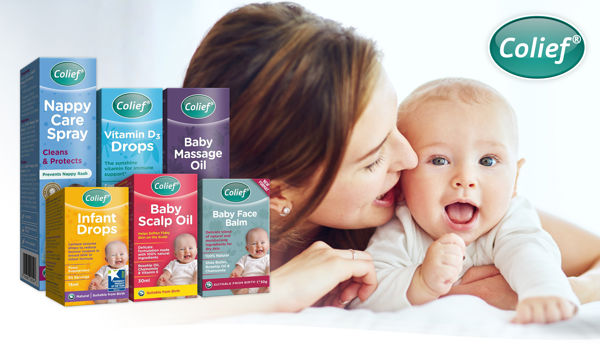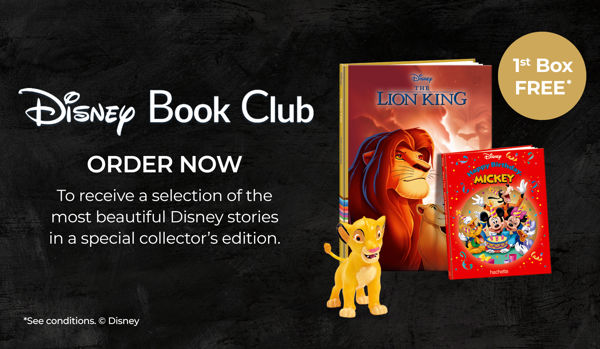As we quickly figure out when it comes to babies, everyone starts to share their own opinions on what you’re doing, whether you want them to or not. 'Breastfeeding vs bottle feeding' a baby is an age-old, controversial topic and is an important decision to make for parents. So, let’s help give you as much information on both so you’re able to make an informed decision that's right for you and your baby.
Is Breast Best?
‘Breast is best' as a message can spark many disagreements and many of you will have heard repeatedly. Plainly speaking, breastfeeding is something health professionals and respected professional health and medical bodies like WHO and Unicef encourage. Breast milk is biologically designed to be your baby’s only source of nutrition. It’s the safest, cleanest, and richest source of nutrition and contains countless antibodies that will protect them against many childhood illnesses.
Breast milk can provide all the nutrients and energy that your baby needs throughout the first months of their life, and it is recommended this is done exclusively for at least the first 6 months of life (and up to 2 years old for optimum nutrition). Once they reach 6-months, solid food should be introduced, and breast milk used to supplement a varied and colourful weaning diet of proteins, vegetables, fats, and carbohydrates.
Pros of Breastfeeding
Practically speaking, breastfeeding is convenient and can be a much cheaper option. It is always fresh and at the perfect temperature, whether you’re at home or out and about. You can feed your baby directly, pump, or do a mixture of both for convenience. Once established and (hopefully) pain-free, breastfeeding can be a beautiful time for mum and baby, as all other tasks and activities are put on hold.
From a physical perspective, breastfeeding really is incredible. It cuts baby's risk of many things:
- Infection
- Vomiting
- Diarrhoea
- Sudden infant death syndrome
- Leukaemia
- Cardiovascular disease later in life
It also lowers mum’s risk of:
- Breast and ovarian cancer
- Osteoporosis (weak bones)
- Obesity
- Cardiovascular disease
Breastfeeding burns lots of calories, so it's important to have some healthy snacks and water nearby and maintain a rich diet whilst breastfeeding.
There is evidence to support that breastfeeding lowers your risk of developing postnatal depression, due to the release of 'oxytocin' (our happy hormone). However, it is important to remember that not everyone has an easy time with breastfeeding and getting the latch right is the key to getting your fix of happy hormones.
It’s also worth noting, that breastfed babies’ poo is non-odorous and is more frequent, softer, and paler in colour until solids are introduced at 6-months.
Cons of breastfeeding
Unfortunately, as mentioned, getting the latch right can be a big hurdle. Whilst you’re getting the latch right and getting the hang of breastfeeding for the first time, women often experience sore or cracked nipples, which can be difficult to navigate. However, once you have had good support, you should find that breastfeeding is comfortable.
Mastitis and other infections, as well as engorgement, can also cause difficulties breastfeeding, which may be severe enough to make you want to stop breastfeeding altogether and switch to formula. But again, these can often be avoided by getting the latch correct.
Bottle Feeding
Bottle feeding doesn’t always mean formula feeding. You can still give all the same nutrients mentioned above by using expressed breast milk. But typically, when people refer to 'bottle feeding', they’re talking about formula feeding, so let’s look at what the differences are as well as the pros and cons.
All formulas are manufactured to a very high standard, to include all the ingredients recommended and to meet the criteria set by the World Health Organisation (WHO), which ensure that formulas provide your baby with all the right nutrients that they require to thrive. They also regulate how they're marketed.
Pros of Bottle Feeding
Formula feeding can be a more convenient option, as it gives mums some more freedom and allows others to get involved too. Although breastfeeding women are protected by law, many mums do still feel uncomfortable breastfeeding in public and therefore this is not a consideration when formula feeding. Unlike breastfeeding, which really does all come down to mum, formula feeding gives partners an opportunity to spend time feeding baby whilst mum gets some well-earned rest.
Cons of Bottle Feeding
Formula can take longer for your baby’s stomach to break down, thus giving fuel to the idea that it keeps babies fuller for longer, but this slow digestion may also mean the baby is more prone to constipation, wind, bloating and pain - this is one of the main downsides.
Unlike breastfeeding, where you only really need boobs (and a pump and bottles if you want to express too), bottle feeding does require a bit of kit. You’ll need bottles, a range of teat sizes, as well as some sterilising equipment. You may also want to invest in a bottle warmer to help safely warm baby's bottle. There are lots of different types out there too, that include anti-colic and anti-reflux bottles and ones shaped like real boobs to simulate breastfeeding.
Another difference between breast milk and formula can be found in the baby’s nappy. Formula-fed babies tend to have more solid poos, and poo less often, as well as being super stinky. They’ll also be darker in colour.
Whichever feeding method you choose, just know you are doing great. If you have trouble breastfeeding, be sure to speak to your midwife or health visitor once you’re home to get some guidance on getting the latch right. If you’re ever worried about your baby’s weight, regardless of feeding method, consult your healthcare provider to check everything’s okay. If you need any help or advice about formulas, which is best, if your baby suffers from allergies (CMPA in particular), and you need some dairy-free formula, speak to your midwife or GP who can recommend some or prescribe you what your baby needs.
It's Not All or Nothing
With the right support, most mums can breastfeed successfully. Just remember, breast vs formula feeding isn’t an 'all or nothing' choice. You can enjoy a combination of the two if that is your preferred method. However, it is important to understand how this may impact your milk supply and must be done in a way that minimises the risk of infections such as mastitis.
The physiology of breast milk production is a complex topic and understanding how the process works can give you a major head start with your breastfeeding journey.
So you have fed your baby but... what is all this winding business about? Do you need to do it? Find out with The Honest Midwife here.







